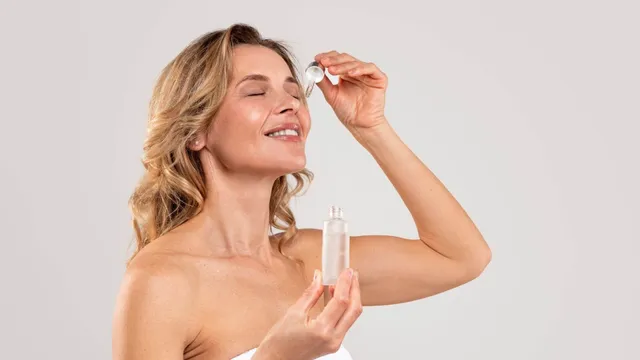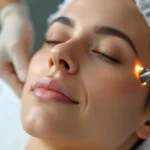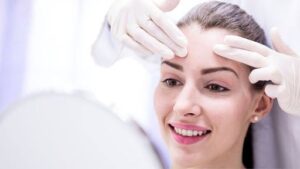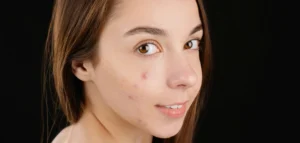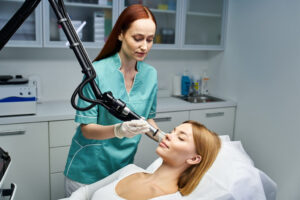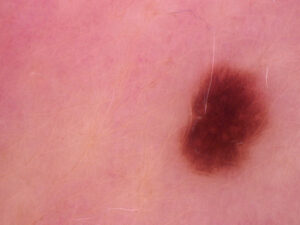As people live longer, interest in anti aging medicine continues to grow. This field focuses on delaying or reducing the physical effects of aging through a mix of clinical treatments, lifestyle adjustments, and targeted therapies. While no treatment can stop the clock, many options aim to restore function, maintain appearance, and improve energy. Some methods involve advanced technology, while others are based on long-term wellness strategies. Understanding the range of options available helps individuals make informed decisions about what approaches suit their needs and goals. The goal is not to reverse time but to promote strength, balance, and well-being throughout the aging process.
Hormone Optimization
Hormonal shifts can affect sleep, metabolism, mood, and skin health. In anti aging medicine, hormone optimization involves testing for imbalances and adjusting hormone levels to support more stable function. Treatments may include bioidentical hormone therapy or guided supplementation to restore balance.
These interventions are often used for those experiencing symptoms related to menopause, low testosterone, or thyroid dysfunction. Doctors monitor levels over time to maintain safety and effectiveness. This strategy supports physical performance, sharper cognition, and more consistent daily energy.
Skin Rejuvenation Therapies
The skin often shows the earliest signs of aging. Treatments in this category include laser resurfacing, microneedling, chemical peels, and radiofrequency therapy. These options stimulate collagen production and improve skin tone, texture, and elasticity. Anti aging also includes medical-grade topical treatments designed to reduce discoloration and fine lines. The goal is not to erase age, but to support healthy skin function and a more refreshed appearance. Many of these therapies work best when combined with at-home skincare routines guided by clinical insight.
IV Nutrient Therapy
As people age, nutrient absorption may become less efficient. IV nutrient therapy delivers vitamins, minerals, and antioxidants directly into the bloodstream for quicker absorption. Common formulas include blends aimed at improving energy, supporting immune health, and reducing inflammation.
These therapies are often used to complement broader anti aging plans. While not a substitute for nutrition, they may help address temporary deficiencies or support recovery from stress and fatigue. Some patients report feeling more alert, hydrated, or physically resilient following treatment.
Regenerative Injections
Some anti-aging treatments focus on helping the body repair itself. Regenerative therapies include platelet-rich plasma (PRP) and other cell-based injections that aim to stimulate tissue recovery and reduce inflammation. In the context of anti aging, these injections are often used for joint support, skin rejuvenation, and hair restoration. The treatments use components from the patient’s own blood or cells, reducing the risk of adverse reactions. Patients typically undergo a series of sessions, with gradual improvements over time. These therapies support repair without relying on synthetic materials or invasive surgery.
Explore Anti Aging Medicine
Anti aging medicine also emphasizes long-term planning built around lifestyle, genetics, and personal goals. Providers may use advanced testing to assess risk factors for chronic disease, cognitive decline, or metabolic slowdown. With this information, patients can receive tailored recommendations for sleep, exercise, nutrition, and supplementation. This proactive strategy supports both physical function and long-term independence. Rather than focusing only on appearance, this approach aims to preserve energy, mental sharpness, and mobility into later decades. Personalized longevity planning shifts the conversation from short-term fixes to sustainable health maintenance.


